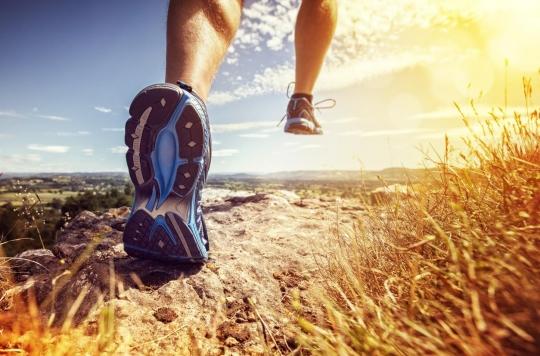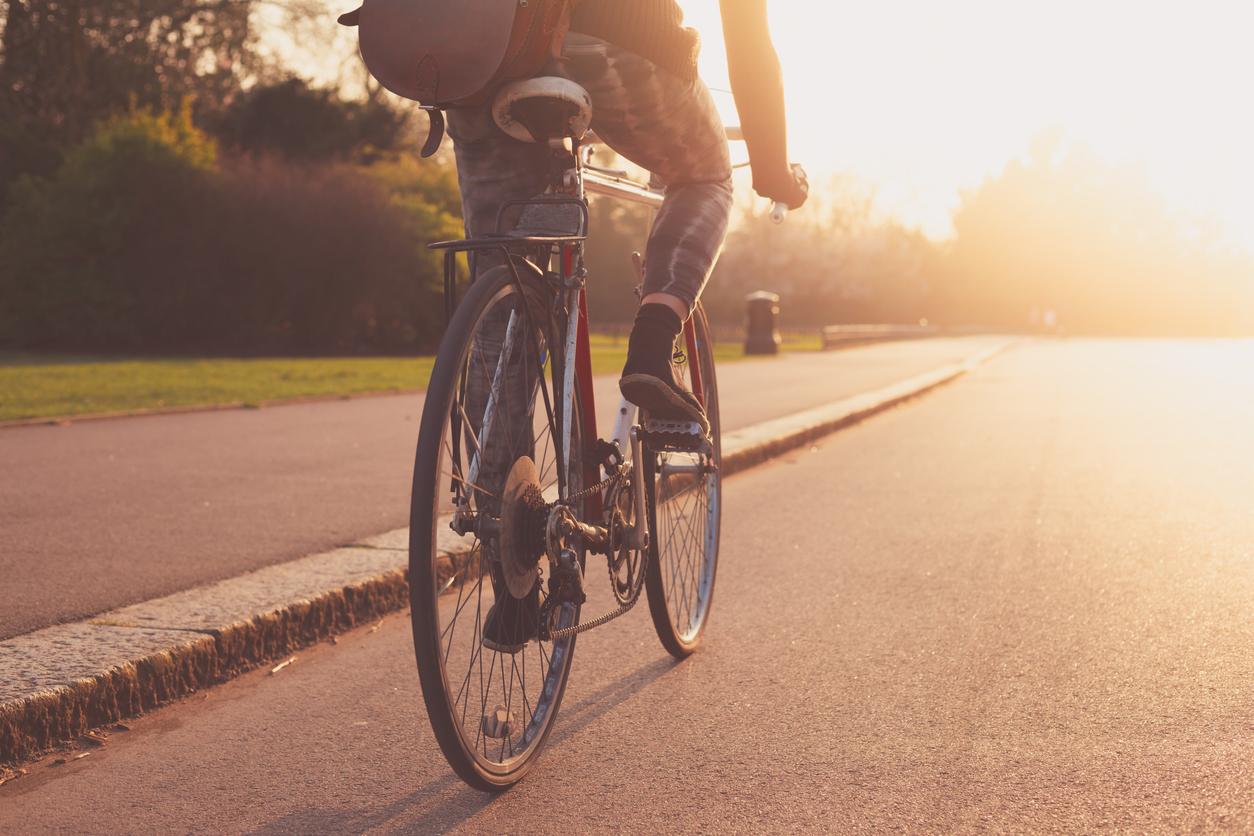In recent years, the practice of fasting has become more and more popular among athletes. Benefits and precautions to take, Why Doctor takes stock.

Fasting has been around for millennia. Historically practiced for religious or therapeutic reasons, it has become popular with the general public in recent years. In fact, many nutritionists recommend it to “purge the body” and some doctors even encourage cancer patients to try this method. More and more athletes also prefer to practice physical activity in the morning before breakfast, i.e. after a food deprivation of 8 to 12 hours. What are the interests of sport on an empty stomach and what precautions should be taken? Why Doctor takes stock.
Exercising on an empty stomach will save you from unpleasant digestion problems
Who hasn’t experienced that unpleasant bloated feeling while working out shortly after a meal? While it’s always advisable to wait at least an hour after eating before engaging in any sporting activity, it may be more comfortable to take a yoga class in the morning before breakfast. Indeed, when you contort yourself, it is better to have an empty stomach.
Running on an empty stomach is ideal for preparing for a marathon
In our body, we have two sources of carbohydrates: hepatic glycogen and muscle glycogen. On an empty stomach, we no longer have hepatic glycogen reserves, which pushes our body to draw on muscle. This reserve being weaker, our body will trigger the lipid chain, i.e. the breakdown of fats. Training to run on an empty stomach thus accustoms the body to turning more quickly to this metabolic pathway to make glycogen last longer. Thus, by getting into the habit of running on an empty stomach for about twenty minutes regularly for a few months, you will train your body for marathon-type competitions (42.195 kilometers).
“It teaches you to manage the rhythm, to start slowly, gradually, and to control your energy resources. The lower the heart rate, the more the runner will tend to burn fat. We have about an hour and a half of glycogen reserve. Knowing that a marathon lasts between four hours and four and a half hours on average, the runner has emptied his reserves for three hours, hence the interest for the body to learn to draw on other reserves before burning everything. This avoids ‘touching the wall’”, explains Stefan Dzelzainis, sports psychologist, to Why Doctor. Indeed, after 30 km, most people tend to collapse because their body is not used to using its lipid reserve.
After exercising on an empty stomach, recover
After a sports session on an empty stomach, if hydration is of course essential, you will also have to think about replenishing your stocks of sugars and proteins.
“After exercising on an empty stomach, we are much more receptive to carbs. For athletes who do endurance, the ability to rebuild glycogen stocks is improved and assimilation will be better after a session of this kind. This is the anabolic window after exercise, so you need fast sugars like bananas or fruit juices,” explains Stefan Dzelzainis. Rich in antioxidants, fruits will also help to repair any muscle micro-lesions.
As for proteins, you can find them in milk, yogurts, eggs, ham or nuts.
Prepare your fasting sports session beforehand
Exercising on an empty stomach requires preparation. The day before, eat complex carbohydrates so that your muscle glycogen stores are not empty the next day. However, choose foods that you are used to so as not to disturb your body. “Before going for a run on an empty stomach in the morning, I usually eat rice, pasta or potatoes the night before,” comments Stefan Dzelzainis. “But the most important thing is to be well hydrated, whether it’s water, coffee or tea, before you go,” he recalls.
On site, to avoid the risk of hypoglycaemia (a too low concentration of glucose in the blood likely to cause dizziness, loss of balance and, in the worst case, fainting), take with you a source of quick energy like fruit jellies, compote or cereal bars. In addition, avoid going to exercise too far from home so that you can return quickly in the event of a problem.
Sport on an empty stomach is not for everyone
Due to the risk of hypoglycaemia, exercising on an empty stomach is not recommended for people with diabetes. But, even if you do not suffer from this disease, this practice is rather recommended for experienced athletes. Generally, the lipid chain is in place from 20-25 minutes for someone who is used to doing sport on an empty stomach, compared to 30 to 40 minutes for a beginner.
Also, playing sports on an empty stomach is learned and prepared. “The adaptation time is very slow. It takes a lot of patience. For some people it can take a month or two and for others six months to a year. You must already get your body used to running on an empty stomach. Doing twenty minutes slowly is a good start”, insists Stefan Dzelzainis.
Avoid sessions that are too intense or too long
If you’re going to exercise on an empty stomach, don’t attempt high-intensity intermittent and power workouts. This type of exercise will deplete your carbohydrate stores even before the body has been able to start the lipid chain. So focus on an endurance session at a moderate, steady pace.
“We have low carbohydrates in the blood so we should not expect to do high intensity sessions due to the lack of available resources. On the other hand, the runner can cover short distances at low intensity. It is better to start with twenty to thirty minutes in recovery session then do thirty to forty minutes, maximum, very slowly. This is called fundamental endurance work”, comments Stefan Dzelzainis. And to add: “This is valid for all that is long effort like swimming or even bodybuilding. The main thing is to do small sessions.”
.















